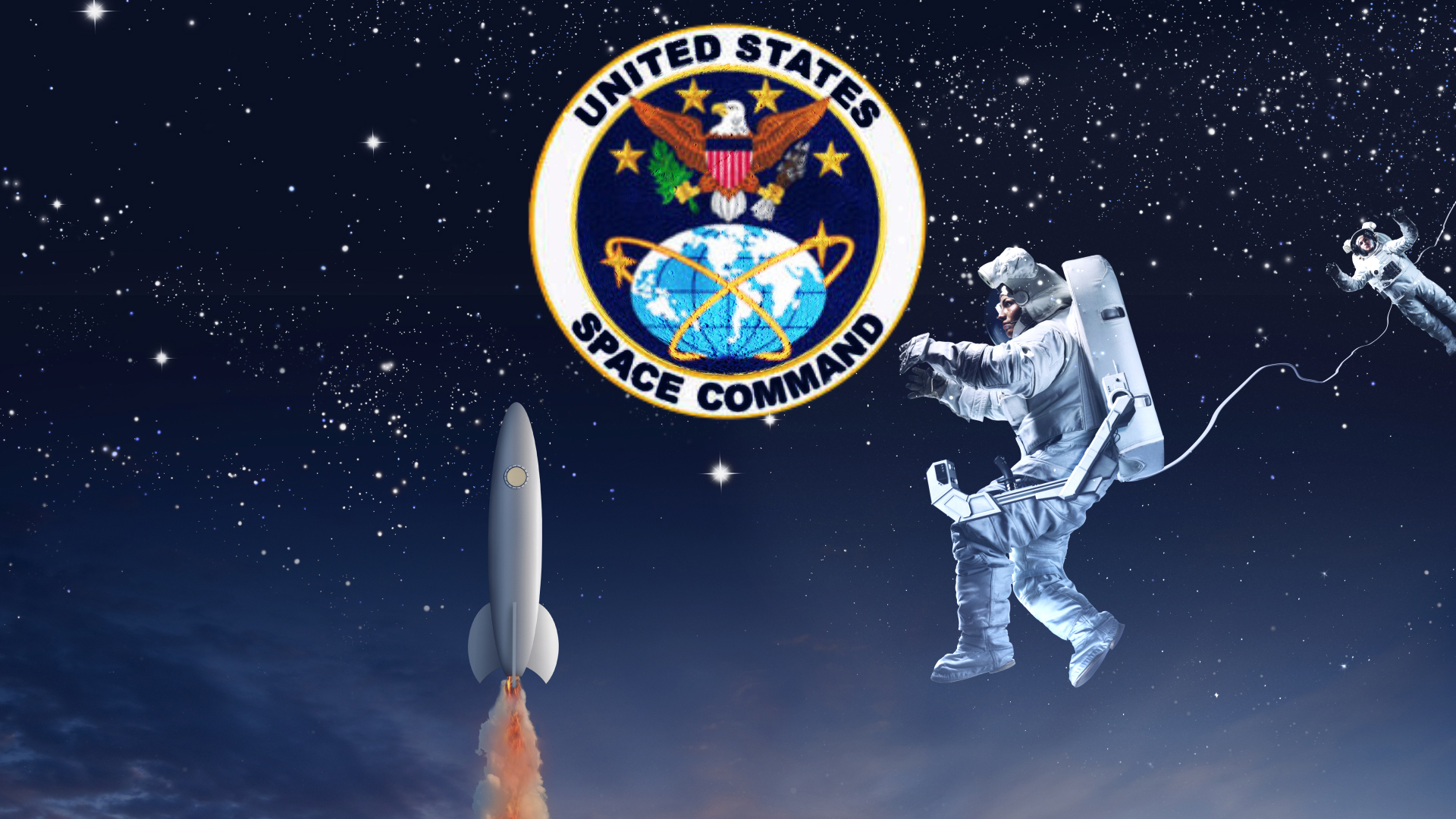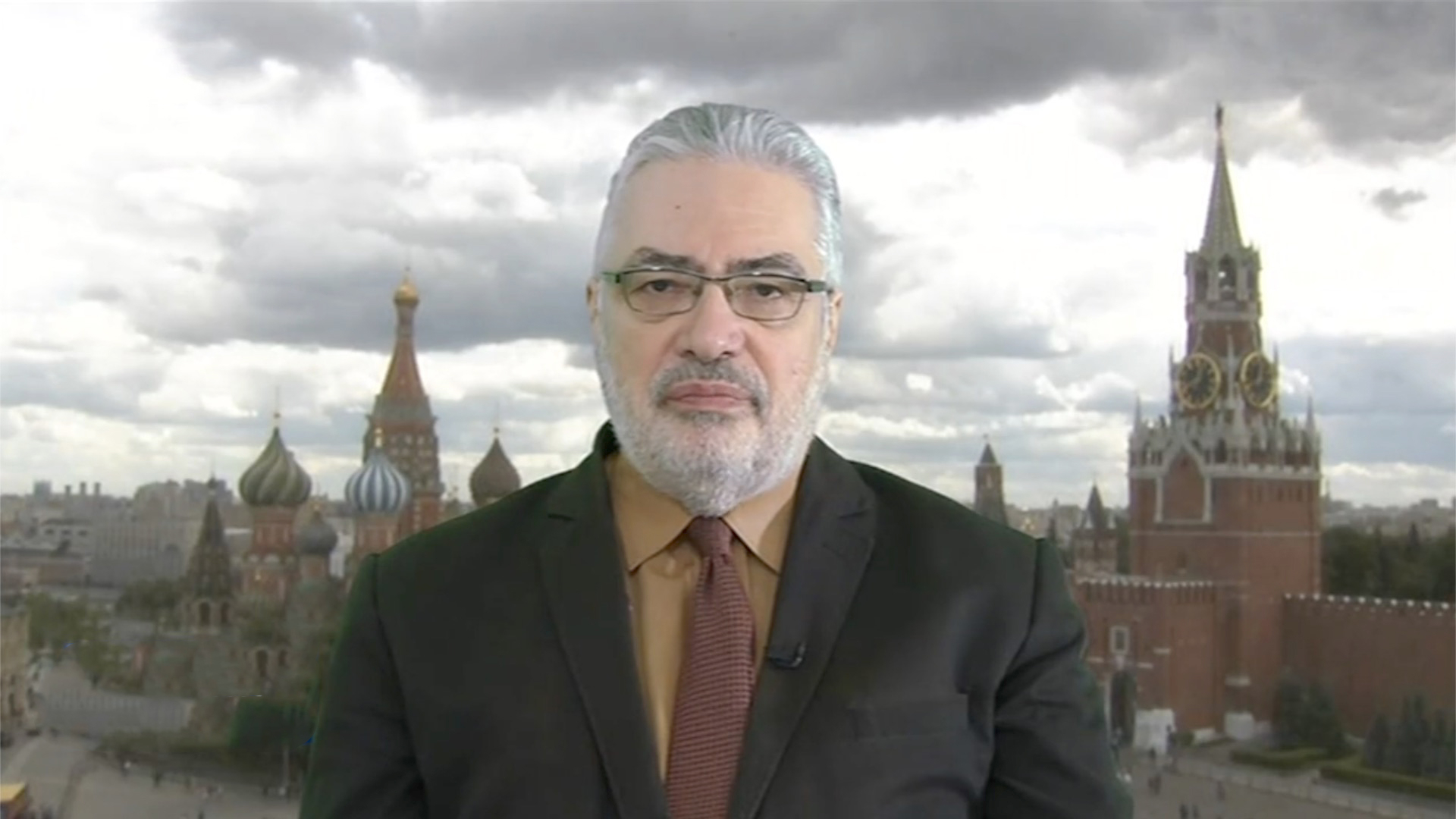

U.S. President Donald Trump directed Congress to launch its space command on August 29, as a key step in creating the newest branch of the Space Force. During the Reagan Presidency, another idea was proposed in the form of the program called "Star Wars," whose formal name was the Strategic Defense Initiative (SDI). This time, the Trump administration cited potential threats from China and Russia as part of the reasoning behind creating a space force.
The question is, will it further result in the "weaponization" of space and a space arms race?
Dr. Ferhat Fikri Ozeren from the Asia-Pacific Space Cooperation Organization believed this launch will interest scientists based on the purpose of establishing mutual trust and gathering scientific information from outer space in the future.
Pavel Felgenhauer, a Russian defense analyst, described this plan as Trump's typical grandstanding from the real problem. At the surface level, this plan sounds wonderful like "Star Wars," but the actual issue won't disappear even if Trump's plan doesn't materialize.
Richard Weitz, a security expert at Wikistrat Global Consultancy, said that the real problem under debate is whether to set up a separate space force rather than move around organizational boxes. As there are diverse opinions in Congress, such as what should go into the new force, what it should be called and distinguish the missions of the space command from the Army, the Air Force, and the Navy.
He recalled 1985 when the U.S. established a Space Command, known as the Strategic Defensive Initiative, but it merged into a strategic command to deal with cyber, nuclear and space together, which resulted in space being neglected.
Felgenhauer added that the SDI envisaged the deployment of weapons in space, primarily to intercept intercontinental ballistic missiles that go into space, and to observe the ballistic trajectory before going in again to hit targets on land. But he said the desire of having a space command for missile defense has never disappeared. He explained that the race in space is inevitable, but the SDI was more like a "scare program," to scare the then Soviet Union into using too many resources to counter a threat that was more imaginary than real.
Weitz mentioned that the main space environment has changed compared to the Cold War era where it was primarily a Soviet and U.S. enterprise.
"Now you've got many countries active in space with their space satellites, and other countries have interfered with space communication," he said.
"Therefore it is crucial to think about the way to have peaceful use of outer space for the international community," said Teng Jianqun from the China Institute of International Studies. He pointed out that international agreements to set rules in space were lacking, and as the U.S. possesses the most dominant technologies in space, the U.S. would unlikely consider such an agreement.
In preventing an arms race in outer space, Felgenhauer suggested it could be a great idea to have such an agreement, but it would be impossible to verify it even if it's signed, and the U.S. doesn't seem enthusiastic towards building such a treaty. He further explained that it's hard to monitor or ban weapons from space, since satellites may be attacked using assets deployed on the ground. He mentioned one thing that could be monitored is the deployment of nuclear weapons in space.
For instance, the Soviet Union had a missile, the R-36O orbital, which could go into space, become a satellite and then go down to attack a target. It turned out, though, this didn't give many additional capabilities and was abandoned.
So he questioned: "You can see that's not happening, but how can you monitor a non-nuclear kinetic warhead? How can you say this satellite has it or not?"
Besides, he said the treaty would need trust between Washington, Beijing and Moscow, which he said is absent right now – "at least Washington doesn't have any trust in the others."

(If you want to contribute and have specific expertise, please contact us at opinions@cgtn.com.)

Copyright © 2018 CGTN. Beijing ICP prepared NO.16065310-3
Copyright © 2018 CGTN. Beijing ICP prepared NO.16065310-3